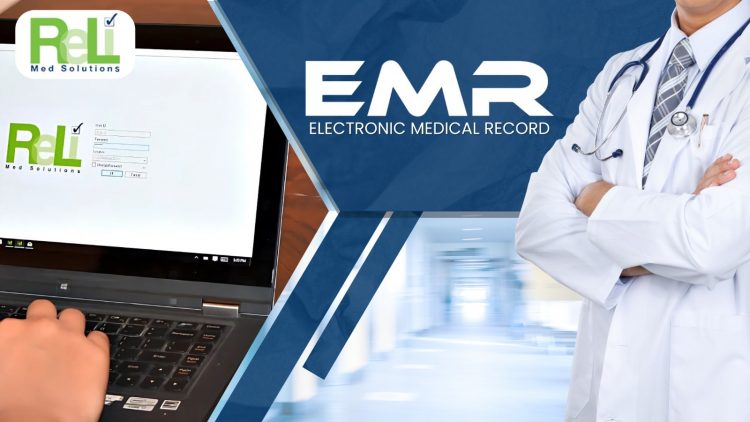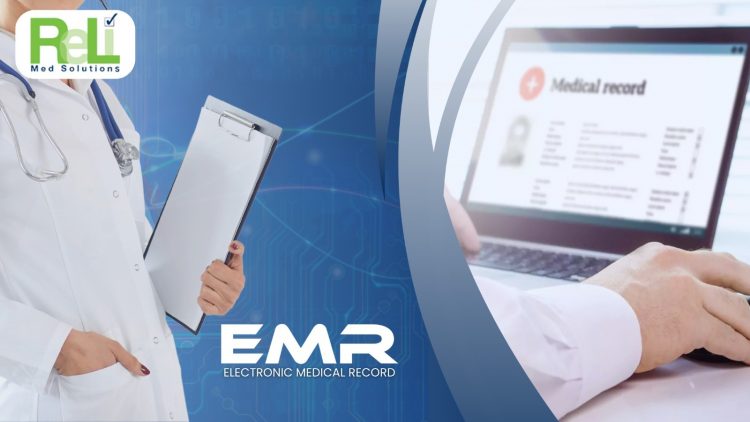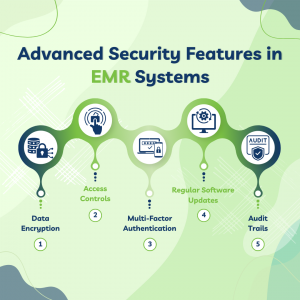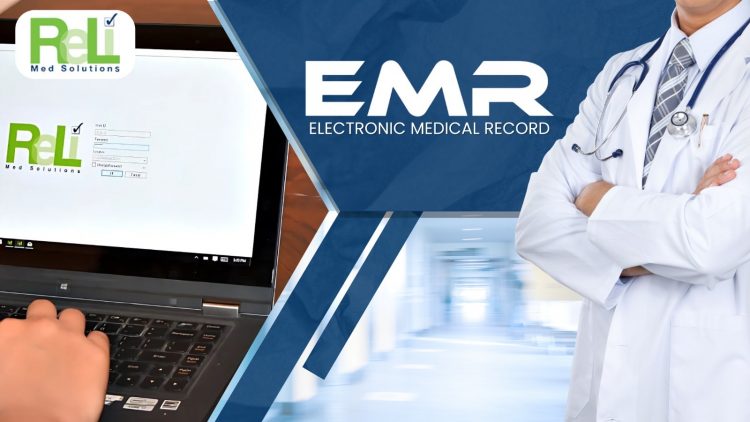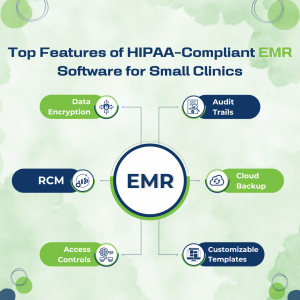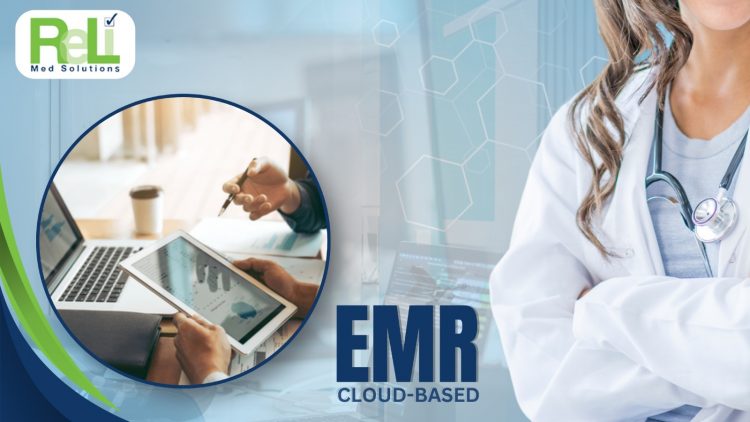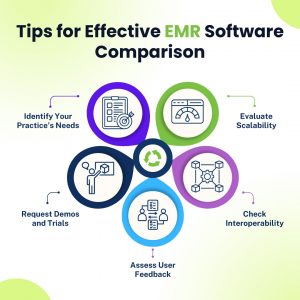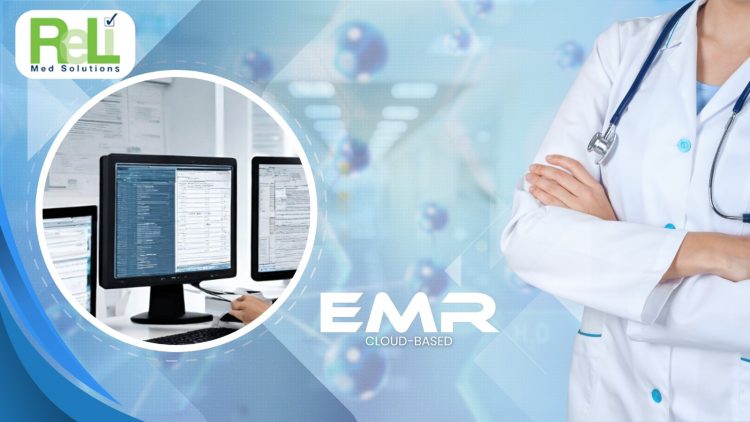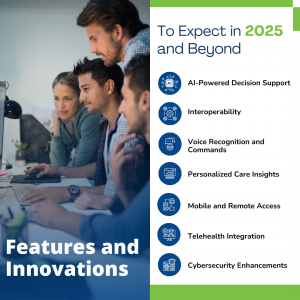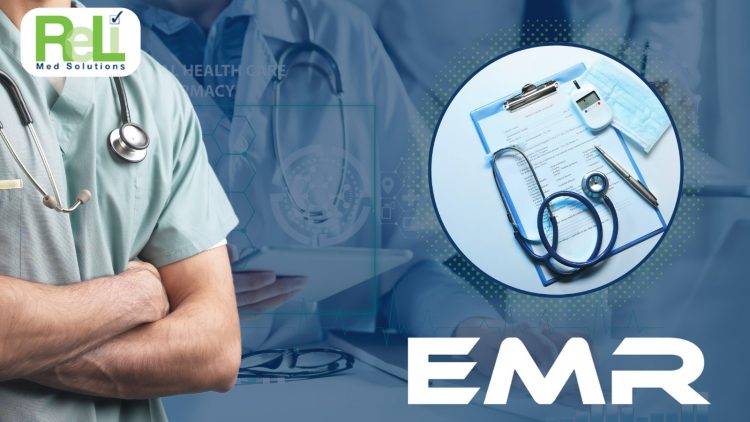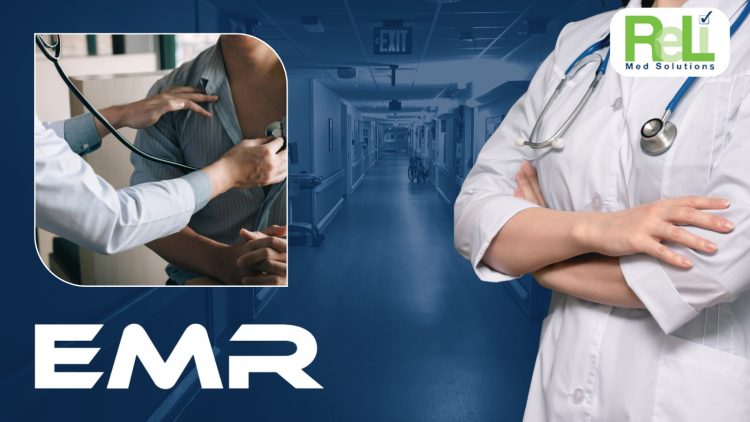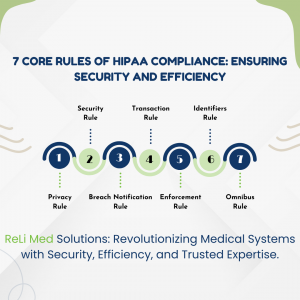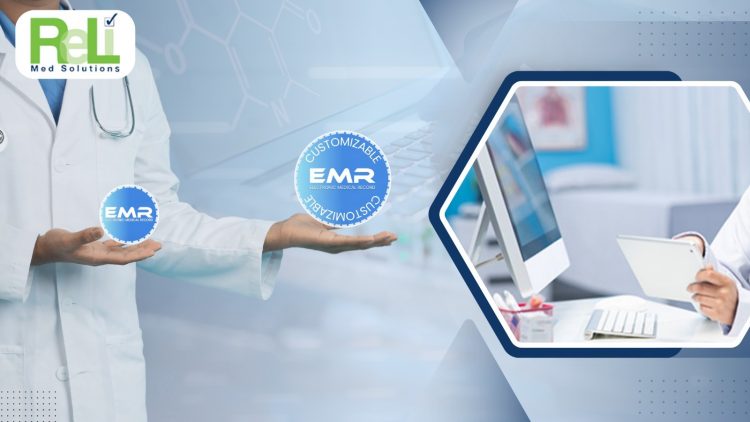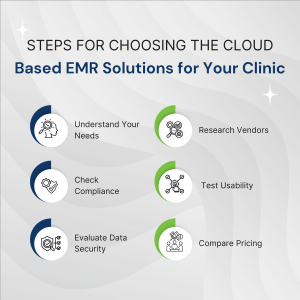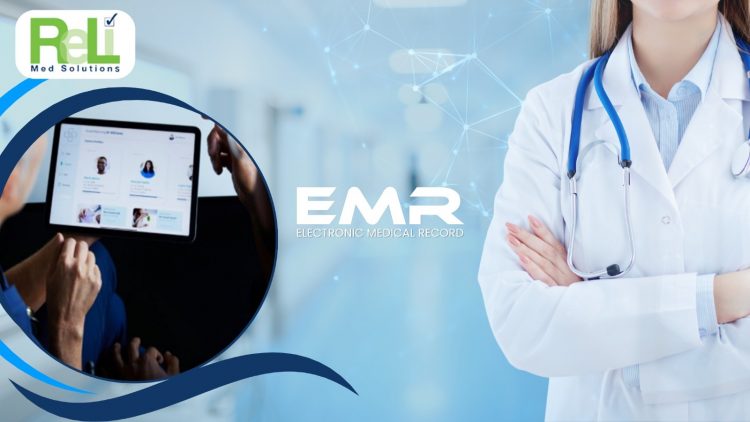Affordable EMR Systems for Telemedicine: A Smart Solution for Healthcare Providers
Telemedicine has changed the way doctors and health care providers take care of their patients. Affordable EMR Systems make this change possible because they help manage patient records easily and without spending too much money. However many systems are too expensive for small clinics or independent doctors. So, affordable options are the best choice to save money while still giving good care. Because of that, even small clinics can use telemedicine and help more people.
Why Telemedicine Needs Affordable EMR Systems?
Telemedicine works well when tech is easy and reliable. If a clinic does not have the right system, managing patient data can become a big problem. Affordable EMR Systems are the solution because they make handling Medical Records easy during online meetings. They make work faster, reduce mistakes, and help doctors connect better with patients. Because of that, telemedicine has become a good option for providers in both cities and villages. But without these systems, doctors might have trouble offering good care.
For example, a small clinic in a village can help patients far away using telemedicine. If the clinic cannot afford a good EMR system, it may not work well. But with an affordable system, they can give better care to more patients.
Features to Look for in Affordable EMR Systems
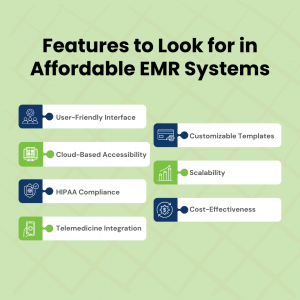 When choosing Affordable EMR Systems, look for features that are simple and useful. If the system doesn’t have what you need, it might cause more problems. Here are some important features:
When choosing Affordable EMR Systems, look for features that are simple and useful. If the system doesn’t have what you need, it might cause more problems. Here are some important features:
- User-Friendly Interface: This makes the system easy to use for doctors and staff.
- Cloud-Based Accessibility: Allows providers to access Medical Records anytime, anywhere.
- HIPAA Compliance: Keeps patient data safe and private.
- Telemedicine Integration: Makes online consultations smooth and easy.
- Customizable Templates: Let doctors set up the system for their own needs.
- Scalability: Grows with the practice as it gets bigger.
- Cost-Effectiveness: Offers clear pricing with no extra fees.
So, picking a system with these features will make work easier and telemedicine better for everyone.
Does Inflation can Affect The Cost of EMR Systems?
Inflation makes many things cost more, including Affordable EMR Systems. The cost of building and maintaining these systems can go up. However some companies now offer plans to help providers save money. For example, systems with fixed prices let clinics plan their budgets better. Because of that, providers can also use tools like Medical Billing Services without worrying about sudden price increases.
Imagine a small clinic that needs to keep costs low. If they choose a system with clear and steady pricing, they can avoid surprises and continue helping patients. So, affordable systems make it easier for clinics to focus on care.
Is It Possible to Get an EMR System That Meets Your Needs?
Yes, you can find Affordable EMR Systems that work well for your clinic. Many systems now offer different options to match the size and type of your practice. If you only choose the features you need, you won’t have to pay for extra things you don’t use. This helps small clinics get tools like EHR systems without spending too much.
For example, a dental clinic might need special templates for dental care. So, they can choose a system with this feature and skip things they don’t need. Because of that, they save money and still get the tools they need to work better.
Why Choose ReLi Med Solutions?
ReLi Med Solutions makes health care work simple and efficient. Their systems include a user-friendly interface, cloud-based access for quick and secure Medical Records, and HIPAA compliance to keep patient data safe. They also offer telemedicine integration for smooth online consultations and customizable templates to fit your clinic’s needs. With scalable options, the system grows as your clinic expands. If you need tools like Medical Billing Services, ReLi Med is a smart choice. Because of that, clinics can save money, work smarter, and provide excellent care to patients.
Conclusion
Affordable EMR Systems are more than a way to save money. They are important tools for making telemedicine work better. If you choose the right system, you can make your work easier, give better care, and keep your clinic modern and efficient. ReLi Med Solutions offers systems with advanced features like EHR management and telemedicine support at a price that clinics can afford.
So, don’t let high costs stop you from improving your practice. With ReLi Med Solutions, you can get the tools you need to give better care and grow your clinic. Because of that, your patients get the best care, and you can focus on what matters most. Choose ReLi Med today and take your clinic to the next level!

